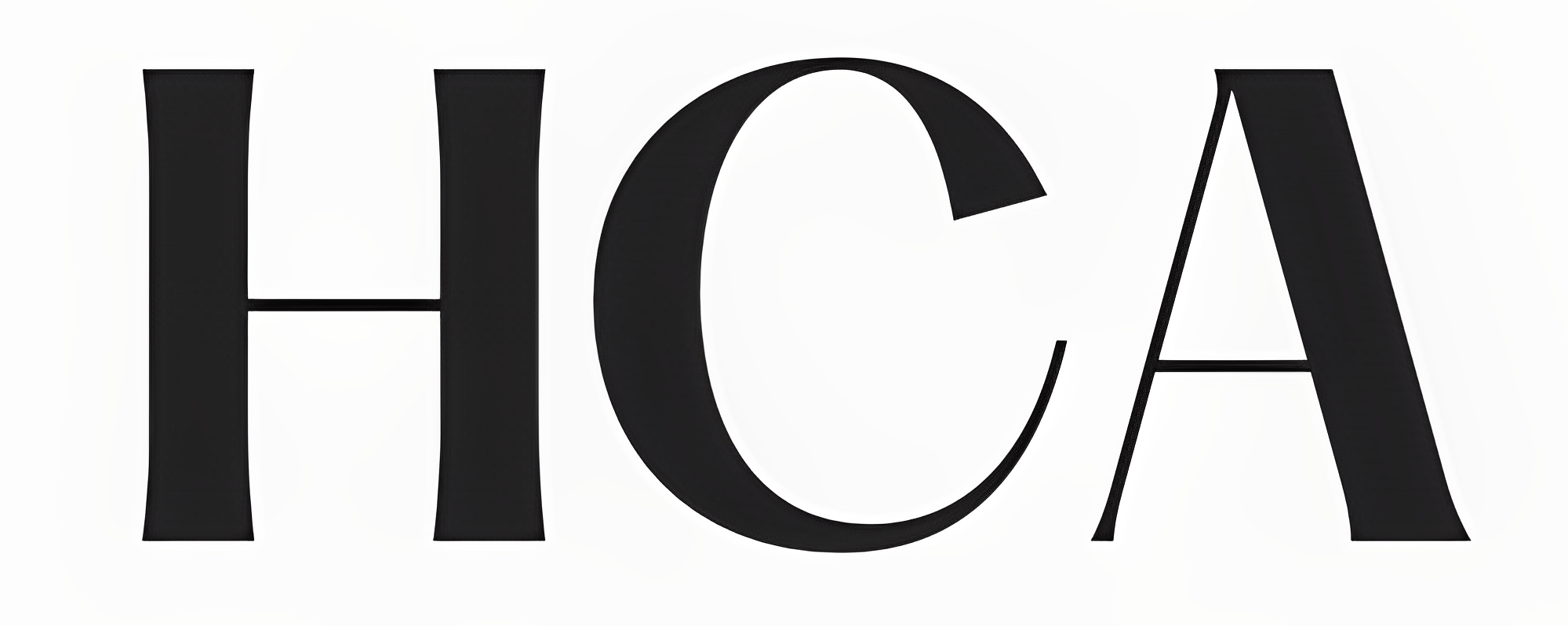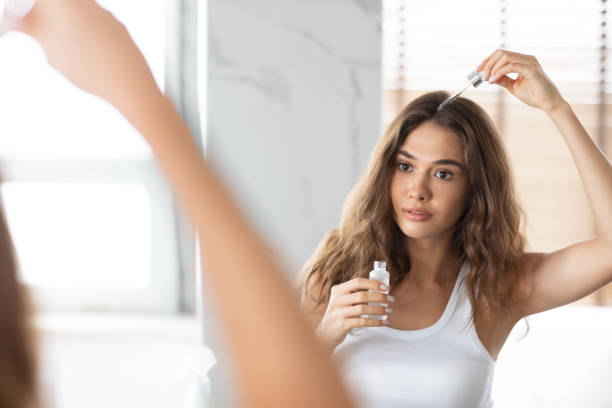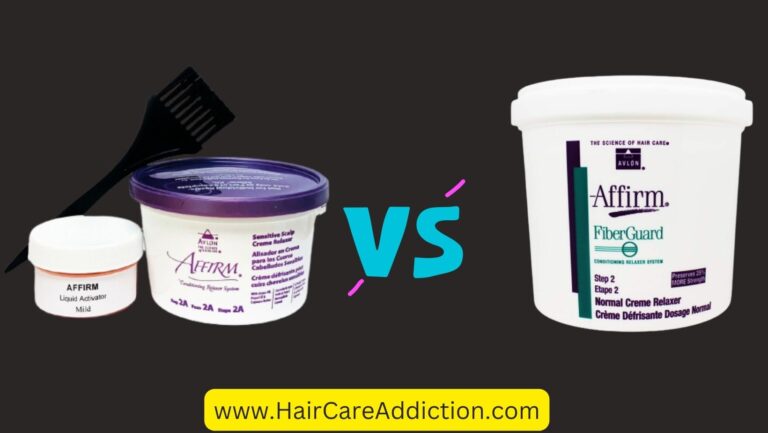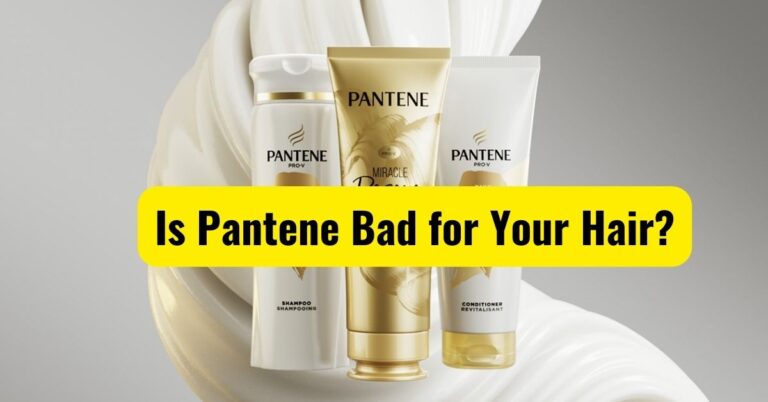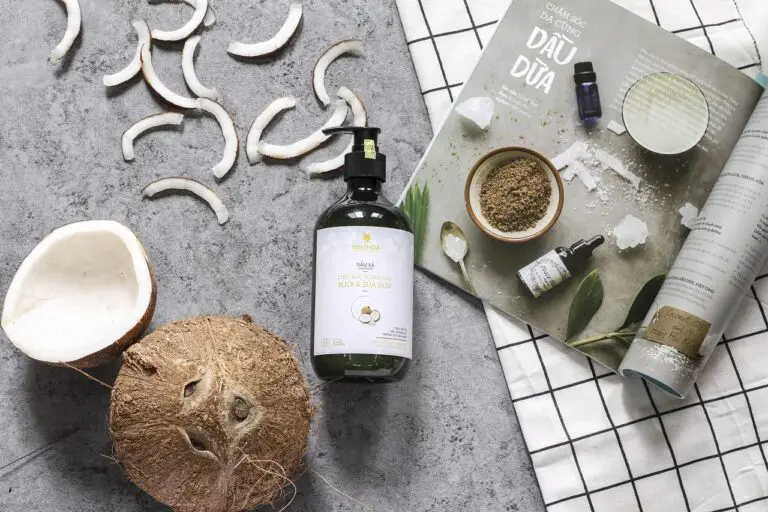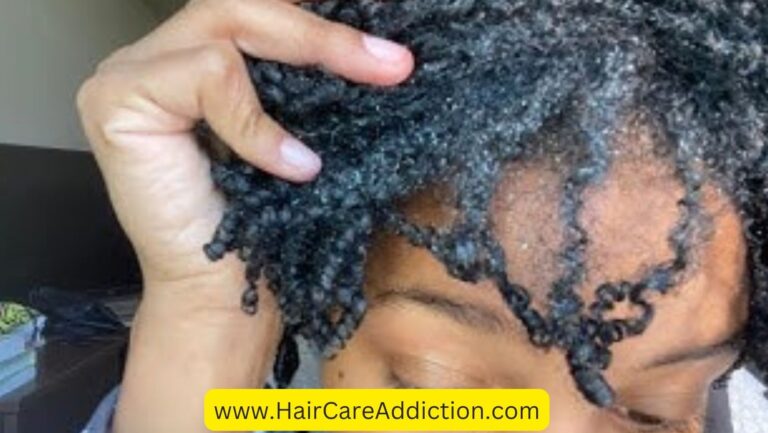Nizoral Vs Nioxin: Which Shampoo Is Best For Hair Loss? (In Depth Comparison)
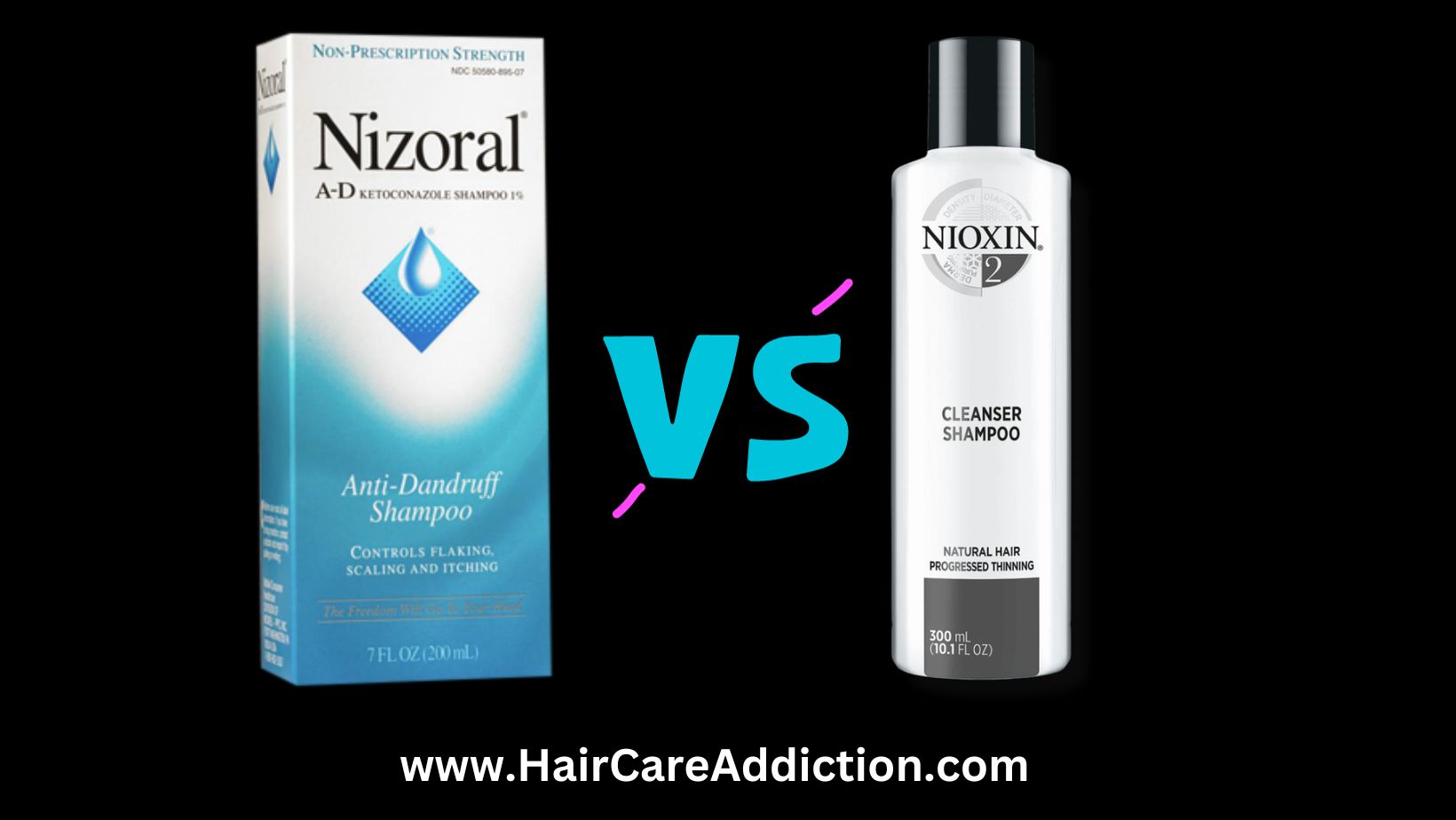
If you’re looking for a shampoo to help with hair and scalp issues, you’ve probably come across two popular brands: Nizoral and Nioxin.
Both claim to have advantages such as reducing dandruff, increasing hair growth, and soothing scalp irritation.
But which is best for you?
We will compare Nizoral and Nioxin in terms of their ingredients, effectiveness, scent, price, and side effects in this blog post. We’ll also give you some pointers on how to use them correctly and safely.
Nizoral Vs Nioxin: Which Shampoo Is Best For Hair Loss?
Here’s a quick comparison table of Nizoral and Nioxin based on key factors:
| Comparison Factor | Nizoral | Nioxin |
|---|---|---|
| Purpose | Treatment for dandruff, hair loss due to fungal infections or hormonal imbalances. It is prescribed by Dermatologist. | Nioxin doesn’t prevent hair loss but aims to improve scalp health, create a thicker appearance, and strengthen hair temporarily. |
| Usage Frequency | Typically used 2 times a week for up to 8 weeks, then once every 1-2 weeks for maintenance | Daily use as part of a complete system for optimal results |
| Scent | Strong medicinal smell, which some people may find unpleasant or irritating | Mild minty scent, considered refreshing or soothing |
| Price | Generally cheaper per ounce, as it’s not used daily | Typically more expensive per ounce due to daily use requirement |
| Effectiveness | More effective for treating specific scalp conditions and hair loss causes like fungal infections or hormonal imbalances | More effective for improving the overall health and appearance of thinning hair |
| Side Effects | May cause dryness, itching, irritation, or allergic reactions on the scalp or hair. Potential interactions with medications affecting hormone levels | May cause tingling, redness, or warmth on the scalp or hair. Possible temporary hair shedding or color fading |
| Availability | Available over-the-counter without a prescription | Available over-the-counter, often as part of multi-product systems |
What Is Nizoral?
Nizoral is a dandruff shampoo brand that contains ketoconazole, a mild anti-androgen agent that can treat fungal infections, inflammation, and hair loss.
Ketoconazole works by inhibiting the enzyme that converts testosterone to dihydrotestosterone (DHT), which is the primary cause of androgenetic alopecia, also known as male/female pattern baldness.
Ketoconazole, by lowering DHT levels, can prevent hair follicles from shrinking and dying, promoting hair growth and preventing further hair loss.
But, Nizoral is not a shampoo that should be used every day, but rather a treatment that should be used only when necessary.
The frequency of use is recommended to be twice a week for up to eight weeks, then once every one or two weeks for maintenance.
Nizoral should be applied to wet hair and massaged into the scalp for three minutes before thoroughly rinsing.
Nizoral can be used to treat dandruff, seborrheic dermatitis, and androgenetic alopecia in both men and women.
What Is Nioxin?
Nioxin is a hair care product line aimed at improving the health and appearance of thinning hair.
Nioxin shampoo is said to work by removing excess oil, dirt, and DHT from the scalp, nourishing the hair follicles with vitamins, antioxidants, and amino acids, and thickening the hair shafts with proteins and polymers.
Nioxin is a daily shampoo that should be used in conjunction with a full system.
To achieve the best results, use it once a day.
Nioxin should be applied to wet hair, massaged into the scalp for at least one minute, and thoroughly rinsed out. Both men and women can use nioxin to improve the density, texture, and resilience of their hair.
Nizoral Vs Nioxin: In Depth Comparison
Here’s detail comparison of Nizoral and Nioxin shampoo.
Effectiveness: Nizoral outperforms Nioxin in treating dandruff and hair loss caused by fungal infections or hormonal imbalances. Nioxin outperforms Nizoral in terms of improving the appearance and health of thinning hair caused by environmental or genetic factors.
Scent: Nizoral has a strong medicinal odor that some people find offensive or irritating. Nioxin has a light minty odor that some people find refreshing or soothing.
Price: Nizoral is less expensive per ounce than Nioxin, but it also lasts longer because it is not used on a daily basis. Nioxin is more expensive per ounce than Nizoral, but it has more products in its system that can enhance its effects.
Side effects: Nizoral may cause scalp or hair dryness, itching, irritation, or allergic reactions. It may also interact with hormone-regulating medications or supplements. Nioxin may cause scalp or hair tingling, redness, or warmth. In some cases, it may also cause temporary hair loss or color fading.
Best Shampoo For Hair Loss
| Shampoo Name | Why It’s Good for Hair Loss |
|---|---|
| Keeps Thickening Shampoo | Contains biotin, caffeine, green tea, and saw palmetto, which promote hair strength and reduce thinning hair. |
| Nutrafol Root Purifier | Effectively cleanses the scalp, creating a healthy environment for hair growth. |
| Hims Hair Thickening Shampoo and Hers Shampoo | Formulated with natural ingredients for gentle care and support for thinning hair. |
| Happy Head Thickening Shampoo | Provides a convenient subscription service for consistent hair care. |
| Plantur 39 Phyto-Caffeine Shampoo | Designed for menopausal hair loss, with phyto-caffeine to stimulate growth. |
| Herbal Essences BioRenew Argan Oil Shampoo | Addresses hair loss caused by UV rays through nourishing argan oil and botanicals. |
| Lush Flyaway Hair Shampoo Bar | Eco-friendly shampoo bar options for gentle cleansing and volume. |
| The Yellow Bird Peppermint Shampoo Bar | Another shampoo bar choice with volumizing benefits for thinning hair. |
| Jack Black True Volume Thickening Shampoo | Ideal for men, improving volume and thickness of thinning hair. |
| Renpure Originals Biotin & Collagen Thickening Shampoo | A budget-friendly option that strengthens and thickens hair strands with biotin and collagen. |
| Briogeo Blossom & Bloom Ginseng + Biotin Volumizing Shampoo | Contains ginseng and biotin to provide volume and support hair growth. |
| BIOLAGE Full Density Thickening Shampoo | A reliable drugstore option that enhances volume and fullness for thinning hair. |
Please keep in mind that the effectiveness of these shampoos varies from person to person, so choose one that addresses your specific hair needs and concerns.
Consultation with a healthcare professional or dermatologist is recommended for personalized hair loss treatment recommendations.
Conclusion
Nizoral and Nioxin are two shampoos that can help you with various hair and scalp issues.
Nizoral is more effective at treating dandruff and hair loss caused by fungal infections or hormonal imbalances, whereas Nioxin is more effective at improving the appearance and condition of thinning hair caused by environmental or genetic factors.
Both shampoos have advantages and disadvantages, so choose the one that best meets your needs and preferences. To get the best results and avoid side effects, you should also use them correctly and safely.
